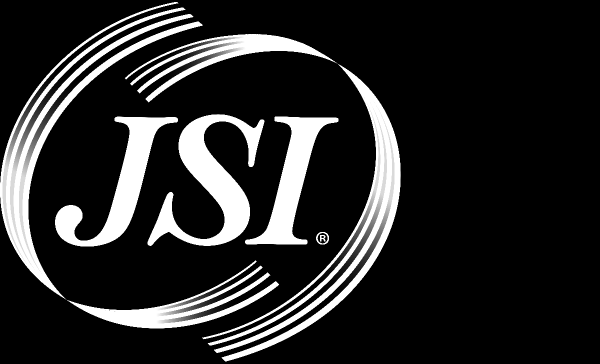
FCC Takes Steps to Roll Back Regulations on Notice Requirements

The FCC published a Notice of Proposed Rulemaking (NPRM) in the Federal Register yesterday that would roll back some regulations and streamline others. Specifically, the NPRM seeks to eliminate or reduce the copper retirement notices that were implemented in 2016, streamline the pole attachment process, give ILECs the same rights to pole attachments as other telecommunications carriers, and make Section 214 discontinuance notices easier. Giving ILECs equal rights to pole attachments and streamlining copper retirement and the 214 process should be advantageous to rural ILECs. However, rural carriers may find shortened pole attachment timeframes and changes to make-ready rates a challenge. Highlights of the specific FCC proposal are listed below:
Pole Attachments –
- Reduce the time interval for new attachments from approximately five months to less than two months;
- Require that a single contractor perform make-ready work on all pole attachments versus the current practice of each attacher performing its own work;
- Review make-ready costs to validate they are not a barrier to entry and investigate fixed rates for various make-ready functions versus individual case basis pricing;
- Exclude capital costs, such as replacing poles with taller poles, from being recovered in the make-ready, non-recurring fee, since capital costs are recovered in the recurring charges;
- Ensure incumbent LECs receive the telecommunications pole rate unless the utility pole owner can demonstrate with clear and convincing evidence that the benefits to the ILEC far outstrip the benefits accorded to other pole attachers;
- Establish a 180-day shot clock for the FCC’s Enforcement Bureau to resolve pole attachment complaints; and
- Change rules so that ILECs have the same procedures and protections required under Section 224 when seeking attachments and access to poles, ducts, and right of way as other telecommunications carriers.
Copper Retirement –
- Repeal Section 51.332 notice requirements to carriers and end users and harmonize all network notification into a single process; or
- Modify Section 51.332 to eliminate the end user notifications and reduce the time period from 180 days to 90 days among other streamlined procedures.
Network Notifications in General –
- Eliminate Section 51.325(c) requiring affiliates to receive information on network changes at the same time as unaffiliated carriers; and
- Eliminate Section 68.110(b) that requires notification if customer premise equipment (CPE) is affected by network changes.
Streamline Section 214 process –
- Introduce a new grandfathering process which would retain existing customers but would not accept any new applications for low-speed services. The comment period would be 10 days versus the 30 days in the current 214 process. Applications would be automatically granted in 25 days unless notified otherwise.
- Apply the same streamlined process to TDM voice service discontinuation when the carrier can prove that it offers VoIP service throughout the service area and that there is at least one other alternative voice service offering in the area. The alternate voice service may be wireless, VoLTE, cable voice or managed IP.
- Streamline approval for all 214 discontinuance of services that have not had customers for 180 days. The comment period for this type of application would be a 10-day comment period with automatic approval on the 31st day for both dominant and non-dominant carriers.
Notice of Inquiry to preempt state rules that create barriers to broadband deployment –
- States have the ability to petition the FCC to directly regulate access to poles, ducts and rights of way. Some states have implemented rules that are more stringent than the FCC rules, delaying carriers’ ability to get timely or economic access. The FCC proposes that it has the authority to preempt these state rules in-as-much as they create a barrier to market entry.
- The FCC also seeks comment on its ability to preempt state rules that prevent or delay copper retirement.
Request for Comment –
- The FCC requests comment on its plan to eliminate the “functional test,” which considers the overall impact on the community of a 214 service discontinuance. Instead, the FCC proposes to limit the 214 consideration only to the service description of the carrier service as listed in its tariff or agreement.
Comments on the NPRM, as well as the accompanying Notice of Inquiry (NOI) and Request for Comment, are due June 15, 2017. Reply comments are due July 17, 2017.
If you have questions on this NPRM, NOI and Request for Comment please contact one of our experts by clicking the button below.




